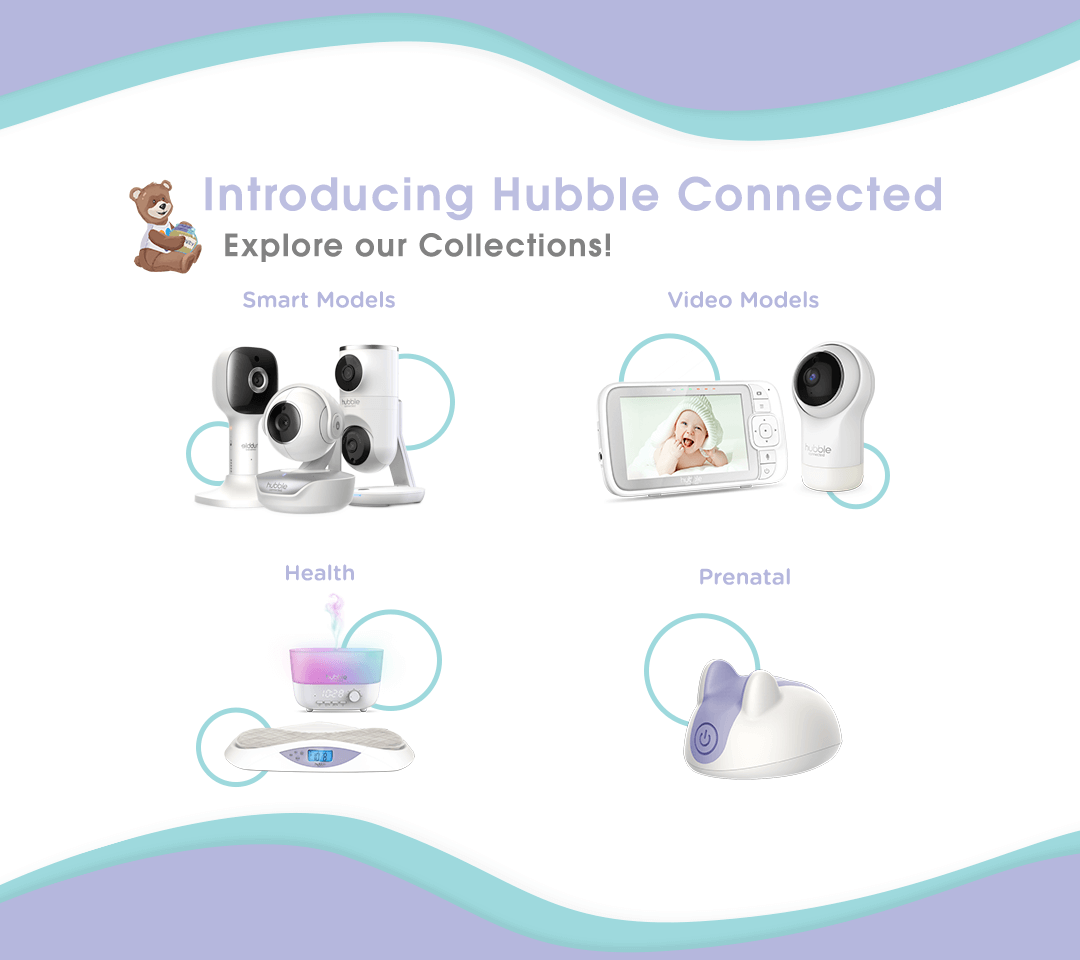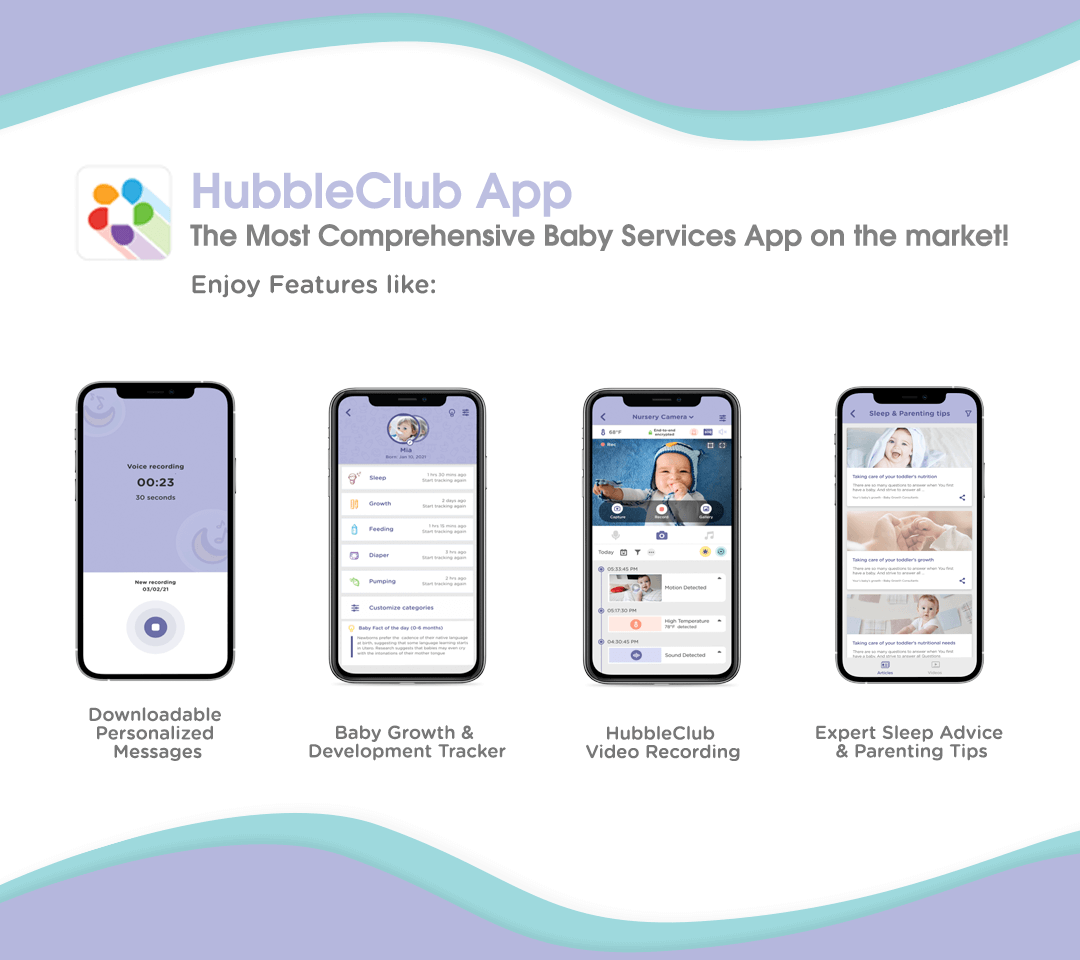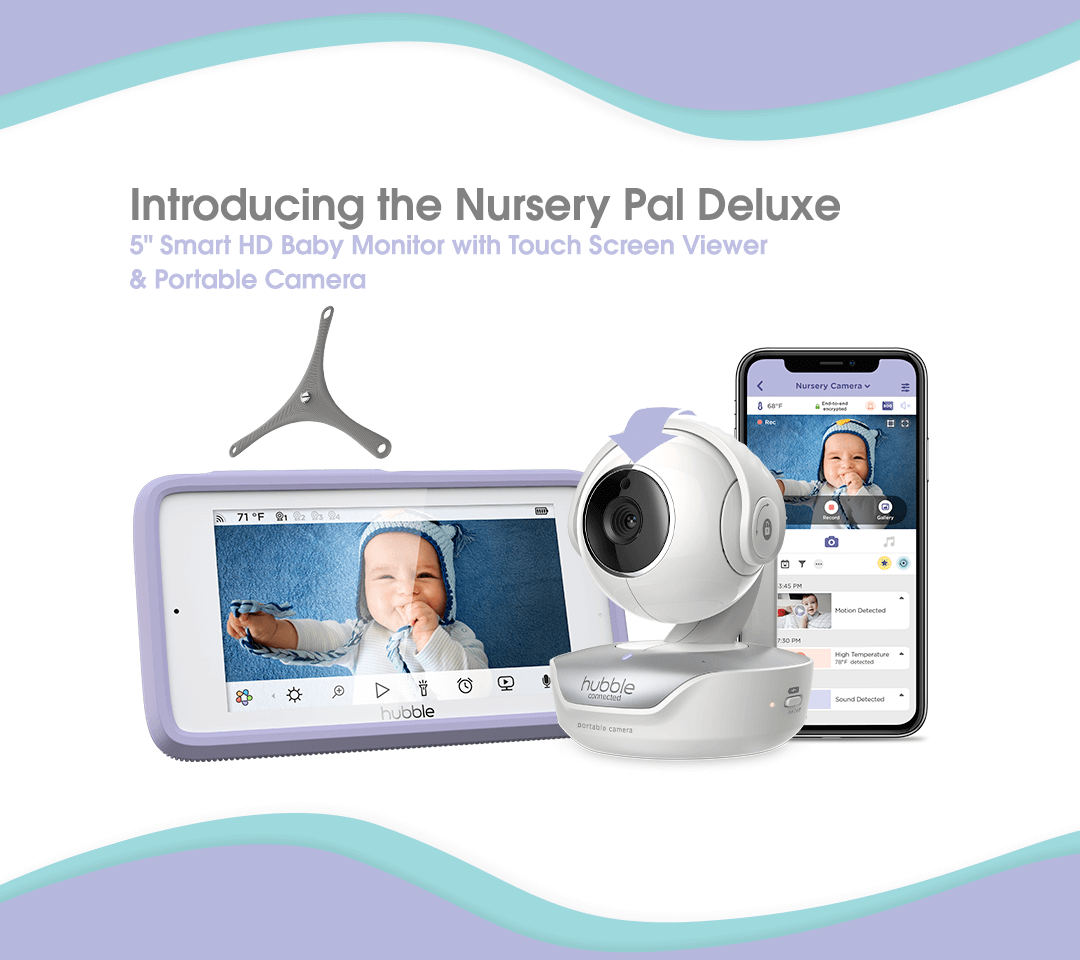Your Cart is Empty
June 21, 2021 2 min read

Now, the topic I am about to discuss today is serious. Pregnancies are laden with the possibility of developing complications even with the slightest negligence on the mother’s part (sometimes, even without!). We know that every complication is subjective. But I want to leave a few pointers on the most common ones so that we are covered in these areas.
Complications can be of three types:
1 - They can stem from a mother’s pre-existing health conditions (Tip: Start taking care of yourself. Not necessarily because you are planning pregnancy; our health comes first in all situations.) Common conditions in this genre include asthma, depression, diabetes, eating disorders, hypertension, migraine, obesity, migraine, HIV, thyroid conditions, and uterine fibroids. You can read more about each of these conditionshere. I would have given my younger self a pat on the back had I realized the value of good health in my twenties and made efforts to improve. Please remember, never take your health for granted!
2 - Complications can arise during pregnancy. These include anemia,ectopic pregnancy, fetal problems (where the baby moves less than normal, poor growth than other normal babies of gestational age, slower heartbeat, etc.), gestational diabetes, and gestational hypertension. These conditions are generally evident in the first 20 weeks of pregnancy and do not last beyond childbirth.
3 - Infectious diseases are easy to contract for both the mother and the baby. Group B strep, bacterial vaginosis, cytomegalovirus infection, sexually transmitted infections, bugs affecting the urinary tract, etc., can be transmitted from a mother to her child during childbirth.
My intention behind writing this article was to increase awareness and preparation among moms-to-be and help you make informed decisions if you develop a condition (I sincerely hope none of you do). AtHubble, we help you tackle your pregnancy-related issues while ensuring the comfort of your newborn. Happy parenting!

June 21, 2021 3 min read

June 21, 2021 3 min read
and get £10 OFF your next Hubble Connected purchase.
.png?v=1627679689)

.png?v=1627679796)
.png?v=1627679828)



